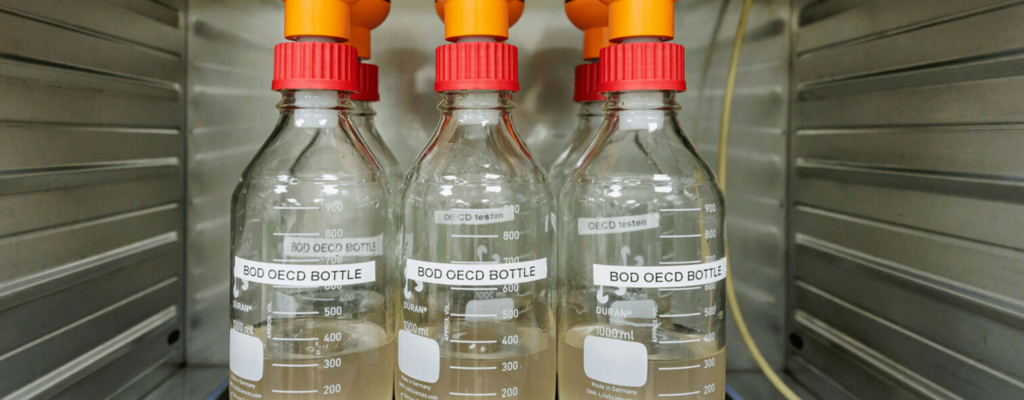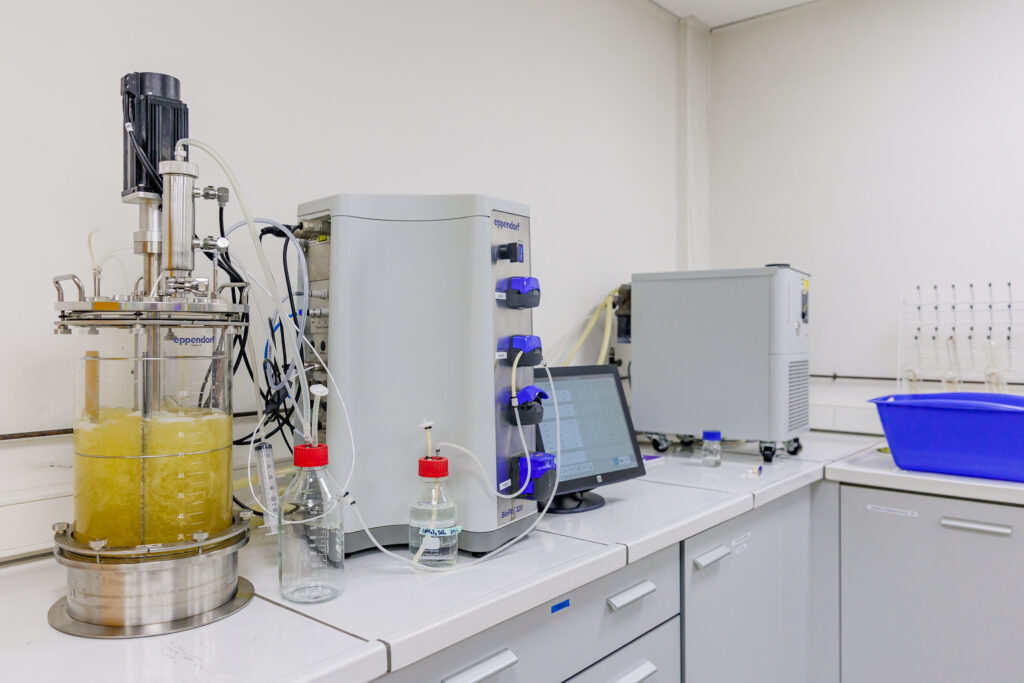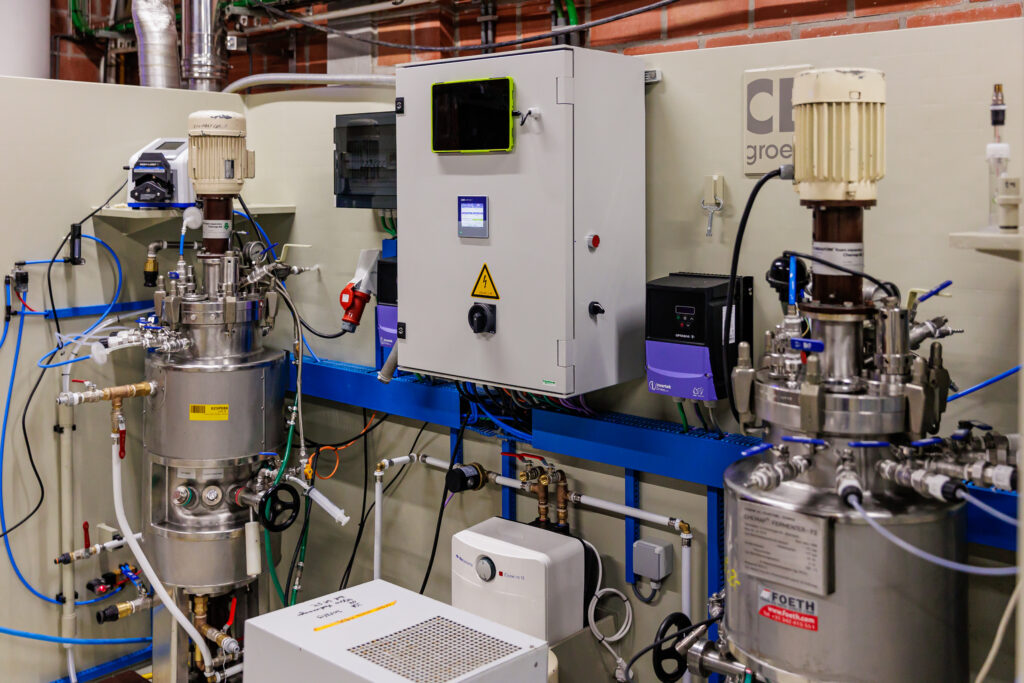Transforming Microbial Challenges with State-of-the-Art Equipment
Setting the Benchmark for Quality and Reliability in Microbial Analysis and Process Development

Our Research Facilities

Safety and Precision: Our Advanced Labs and Equipment

We champion quality and safety in our Certified Biosafety Level 1 (BSL-1) and Level 2 (BSL-2) laboratories. These facilities house our specialized equipment, enabling us to safely and effectively study a wide spectrum of microorganisms. Our commitment is to provide a conducive environment for detailed analysis and a thorough understanding of your microbial issues.
We have equipped our laboratories with sophisticated tools like GC-TCD (Gas Chromatography with Thermal Conductivity Detector) and GC-FID (Gas Chromatography with Flame Ionization Detector). These instruments ensure unparalleled precision and sensitivity in detecting and quantifying chemical compounds, providing a comprehensive molecular insight into microbial challenges.
Streamlined Processing: From Pretreatment to Product

Our facilities are designed to offer optimal material preparation and microbial processing. Equipped to handle side-stream pretreatment, we ensure smooth and efficient operations throughout your project.
Our fermenters, suitable for batch, fed-batch, or continuous operations, reinforce our ability to conduct large-scale microbial processing. With our aerobic and anaerobic fermenters, capable of handling up to 2000 liters, we maintain stringent control over every process parameter to deliver reliable results. Moreover, our specialized equipment for downstream processing, including centrifugation and pasteurization, guarantees an end product that meets the highest standards of quality and safety.
Quality Assurance

Our Feed Chain Alliance (FCA) certification for small-scale commercial production of animal feed using microbial fermentation underlines our capacity to consistently deliver high-quality, safe, and reliable products. This certification amplifies our standing as a leader in the field. At Avecom, our state-of-the-art equipment is more than just machinery. It’s a symbol of our dedication to quality service and forms the bedrock of our solutions for microbial challenges.

